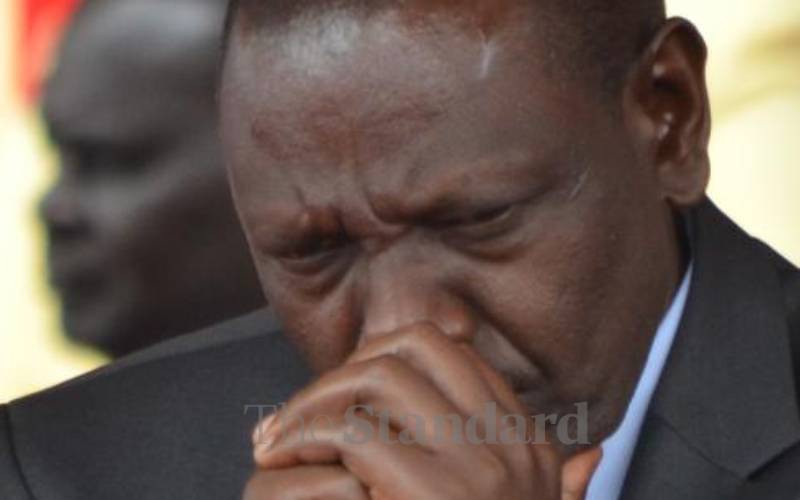×
The Standard e-Paper
Kenya’s Boldest Voice

William Ruto shows signs of losing tract in his first Jamhuri Day celebration as president.
Dr Ruto upset President Uhuru Kenyatta and Raila Odinga's political calculations by scheming better than they could. But as president, he seems to rush into everything which occasionally lands him into unpleasant zones. This disappoints many who had high hopes in his presidency.